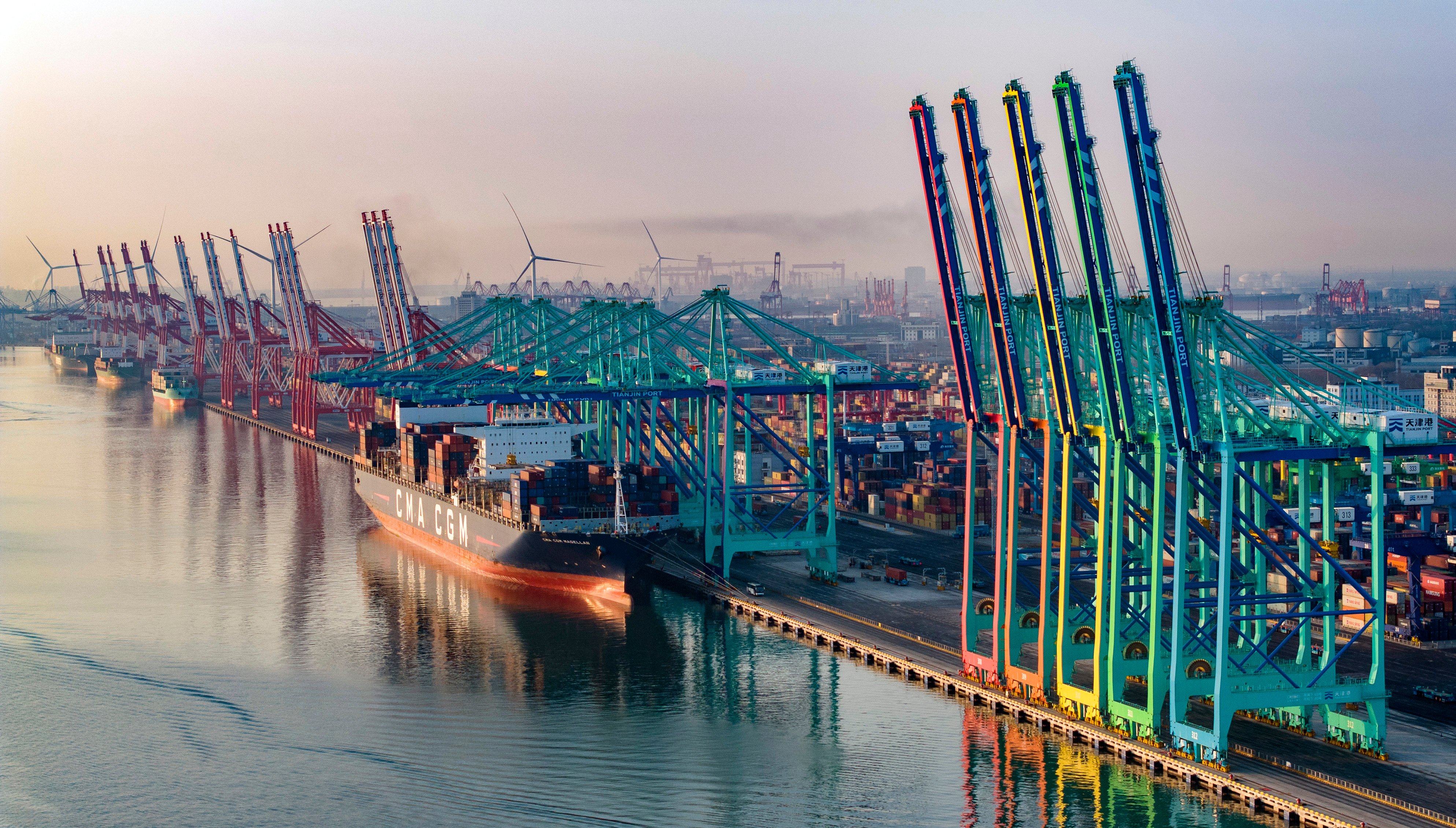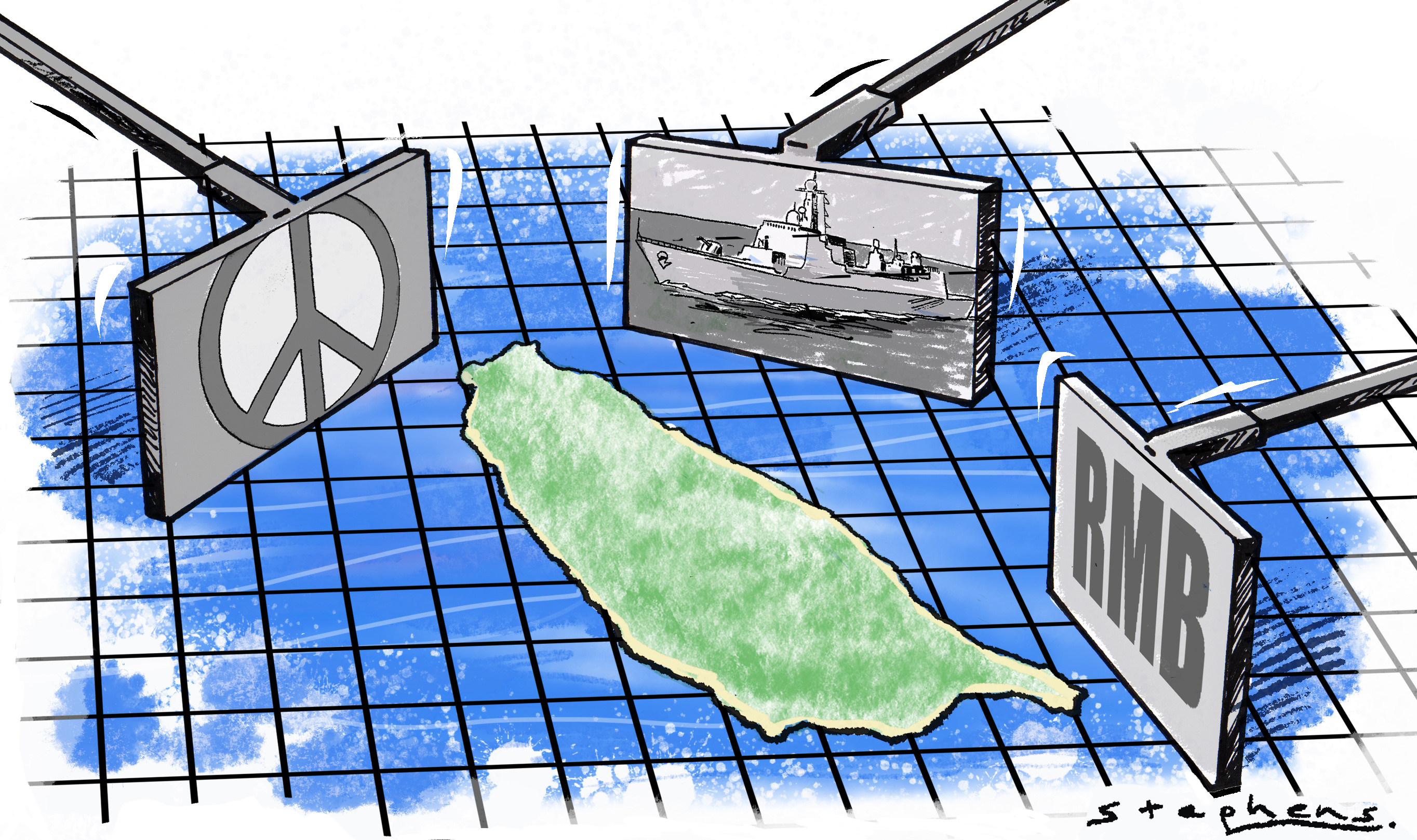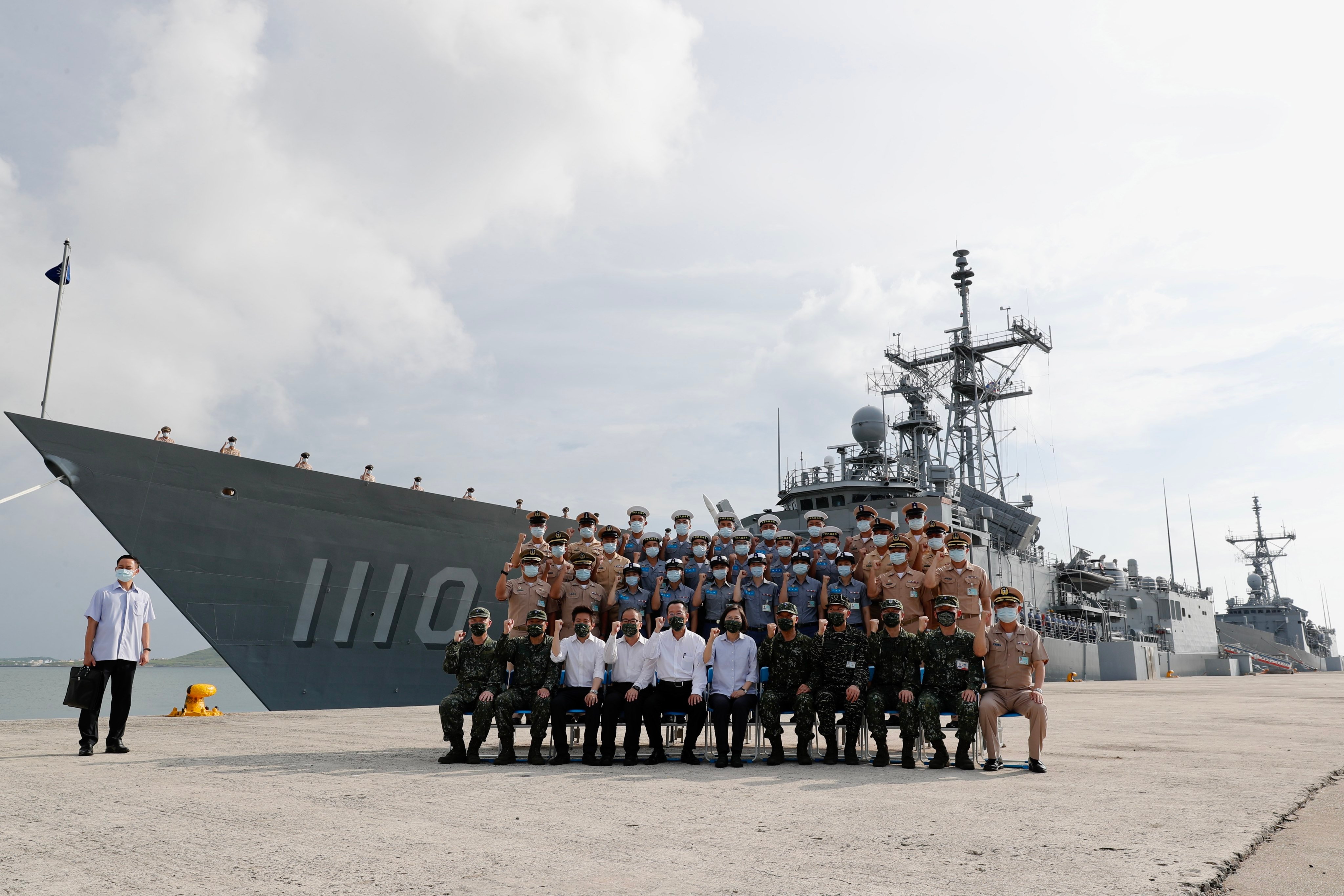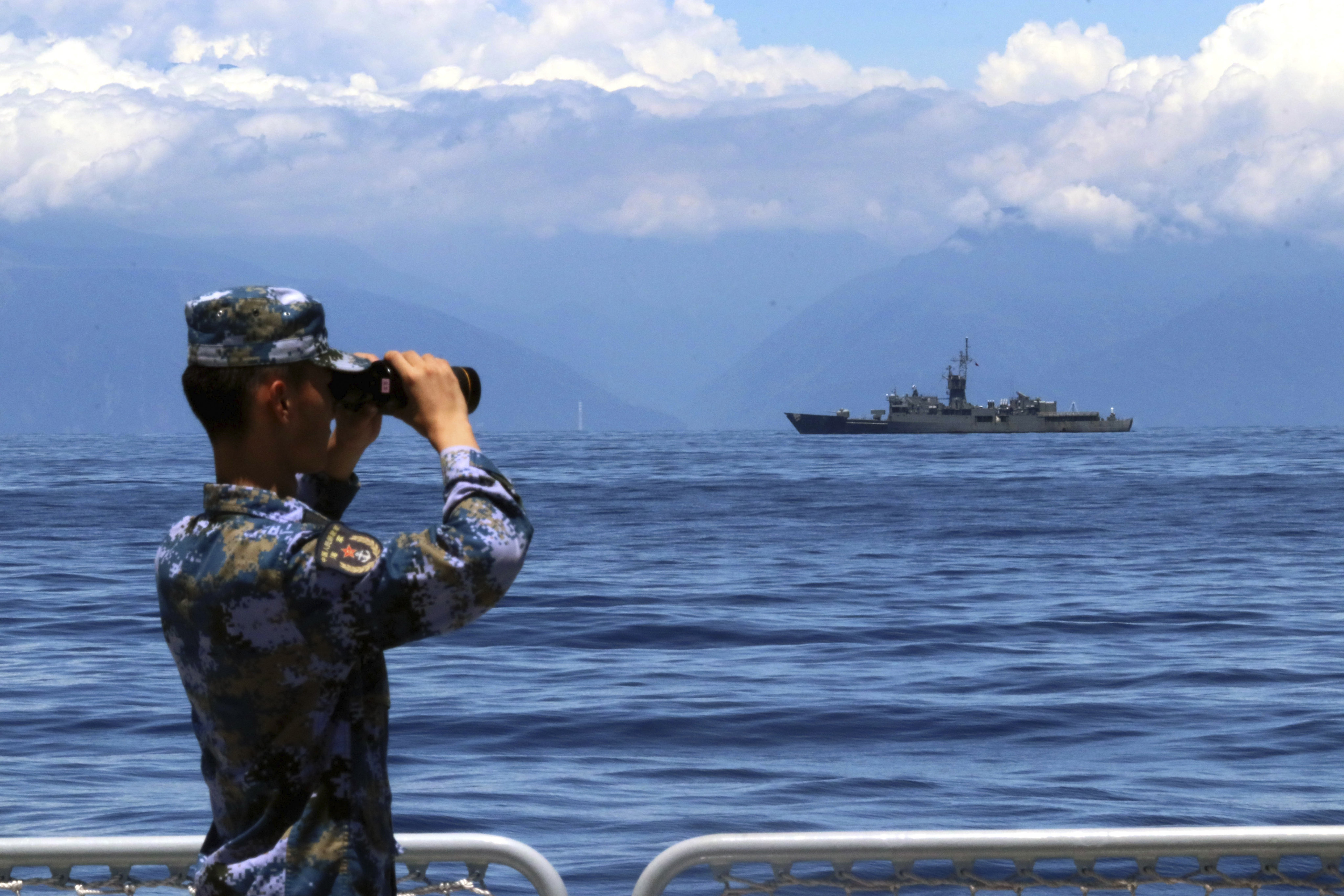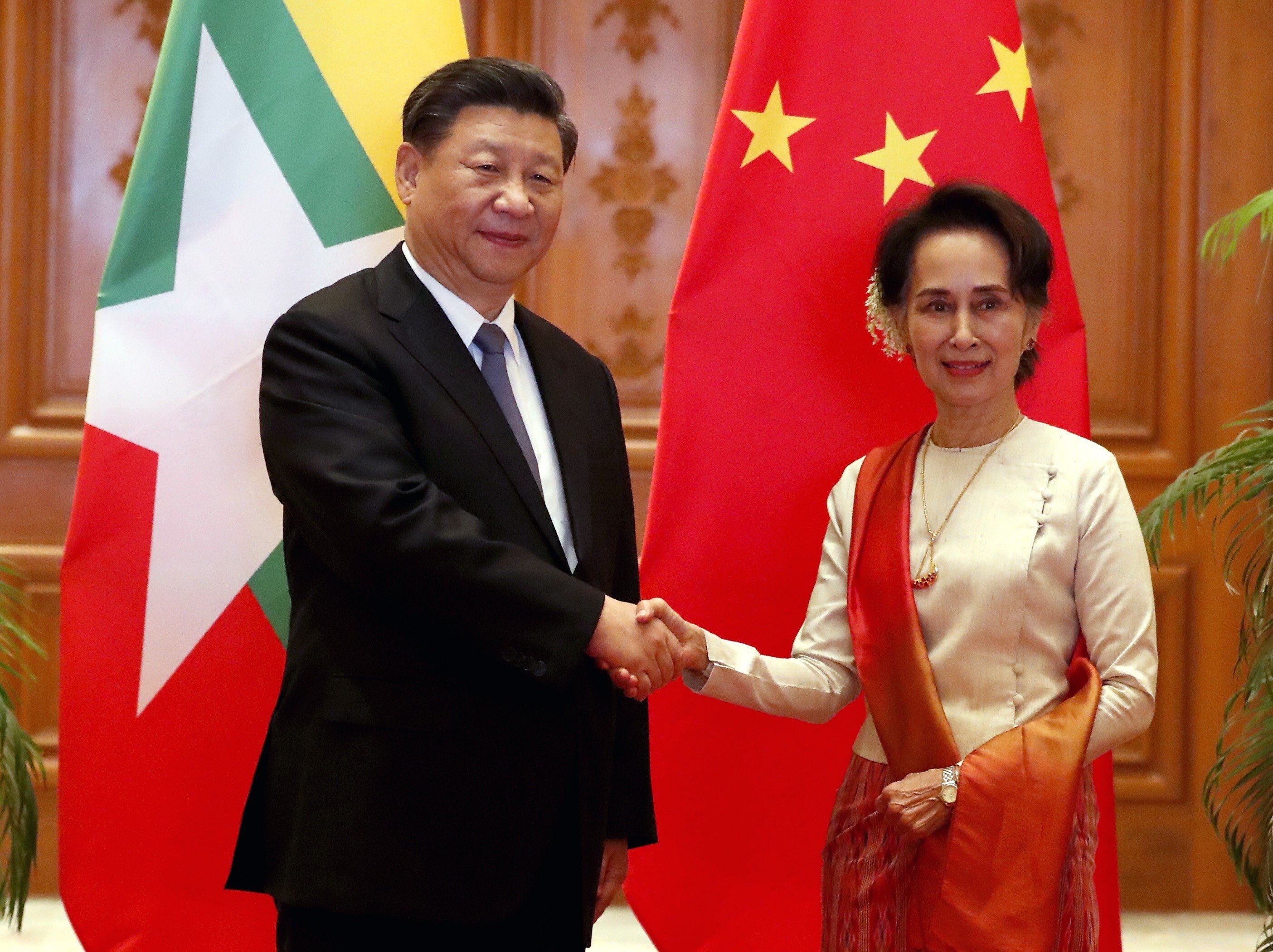Advertisement
Advertisement

Yun Sun
Yun Sun is a Senior Fellow and Co-Director of the East Asia Programme and Director of the China Programme at the Stimson Center. Her expertise is in Chinese foreign policy, US-China relations and China’s relations with neighbouring countries and authoritarian regimes.
Yun Sun is a Senior Fellow and Co-Director of the East Asia Programme and Director of the China Programme at the Stimson Center. Her expertise is in Chinese foreign policy, US-China relations and China’s relations with neighbouring countries and authoritarian regimes.
Languages Spoken:
EnglishFor China, the easiest and most politically convenient response to the current Middle East crisis lies not in joining the US but blaming it. Beijing’s position of a two-state solution as a precondition to solving the Gaza crisis is unlikely to be realised but achieves the goal of undermining Washington.
Where Beijing sees grey-zone activity and psychological warfare as peaceful means to push unification with Taiwan, for the US, coercion is clearly stipulated in the Taiwan Relations Act as something it opposes and must act against.
China has embarked upon a policy of regional and multilateral engagement with the Afghan Taliban government. But as long as Uygur militants shelter in Afghanistan and the country’s future remains unstable, Beijing will remain cautious.
China assumes the US is ‘hollowing out’ its China policy and will eventually seek to prevent Taiwan unification. Meanwhile, Washington believes Beijing will use force to achieve unification despite preferring a peaceful solution.
Advertisement
